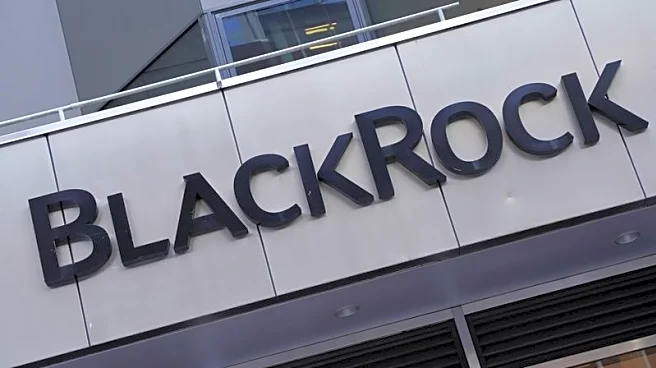What's Happening?
Verismo Therapeutics has commenced treatment of the first patient with follicular lymphoma (FL) in its CELESTIAL-301 Phase 1 clinical trial. This trial is designed to evaluate the safety, tolerability, and preliminary efficacy of SynKIR™-310, a novel CAR T cell therapy, in patients with relapsed or refractory B cell non-Hodgkin lymphomas, including FL. The trial is enrolling patients who have either relapsed after prior CAR T therapy or have never received such treatment. SynKIR™-310 utilizes Verismo's proprietary KIR-CAR platform, which combines a new CD19 binder developed by the University of Pennsylvania. This technology aims to extend T cell persistence and potentially reduce relapse rates. The trial includes dose escalation and expansion cohorts at the recommended Phase 2 dose. Verismo's collaboration with the Institute for Follicular Lymphoma Innovation (IFLI) is strengthened by this milestone, supported by a strategic investment from IFLI to expand clinical sites and increase patient enrollment.
Why It's Important?
The initiation of treatment in the CELESTIAL-301 trial marks a significant advancement in the development of next-generation cell therapies for follicular lymphoma, a condition with limited treatment options. The collaboration between Verismo Therapeutics and IFLI highlights the importance of innovative partnerships in accelerating the development of novel therapeutics. The KIR-CAR platform's potential to improve T cell persistence and reduce exhaustion could lead to more effective treatments for challenging tumors, addressing a critical unmet medical need. This development may offer new hope to patients with relapsed or refractory FL, potentially improving their prognosis and quality of life.
What's Next?
As the CELESTIAL-301 trial progresses, Verismo Therapeutics will continue to evaluate the safety and efficacy of SynKIR™-310. The trial's design includes dose escalation and expansion cohorts, which will help determine the optimal dosing strategy for future phases. The collaboration with IFLI is expected to facilitate increased patient enrollment and expanded clinical sites, further advancing the development of this promising therapy. Continued research and data collection will be crucial in understanding the long-term benefits and potential regulatory approval of SynKIR™-310.
Beyond the Headlines
The development of SynKIR™-310 and the KIR-CAR platform represents a broader shift towards personalized medicine and targeted therapies in oncology. By focusing on specific biomarkers and tumor microenvironments, these innovations could lead to more effective and less toxic treatments. The partnership between academic institutions and biotech companies exemplifies the collaborative efforts needed to drive medical advancements. This approach not only accelerates the development of new therapies but also fosters a culture of knowledge sharing and innovation in the field of cancer research.










